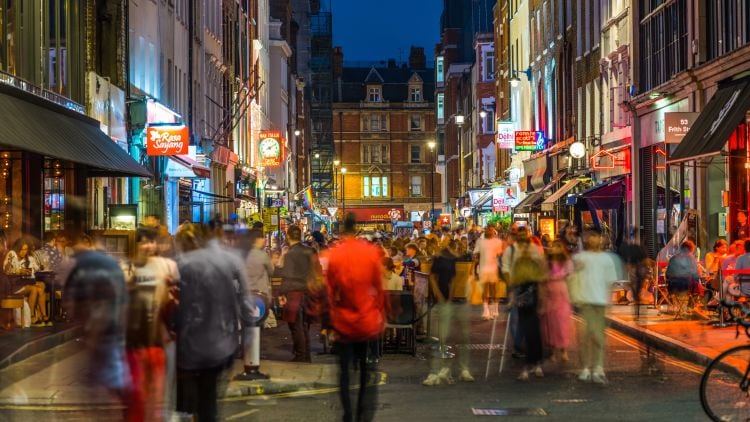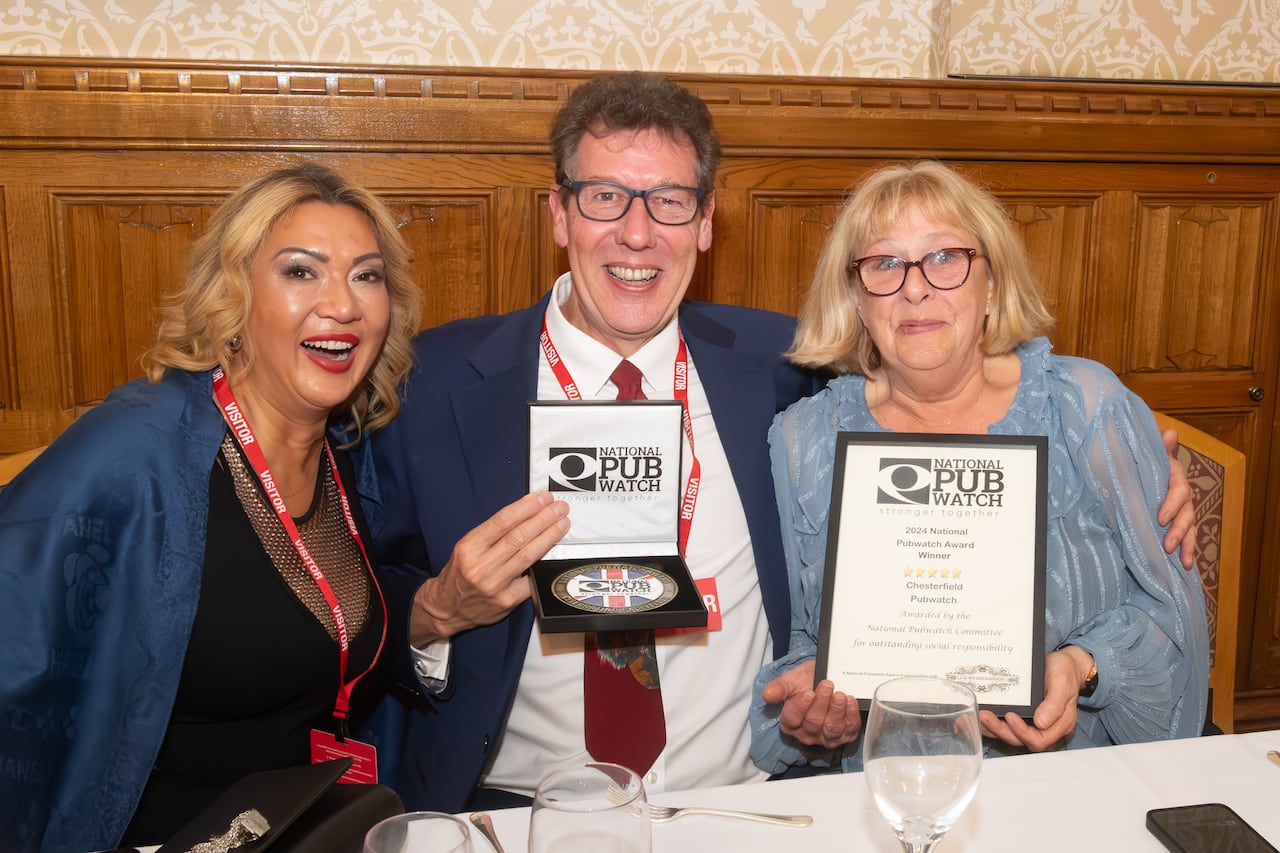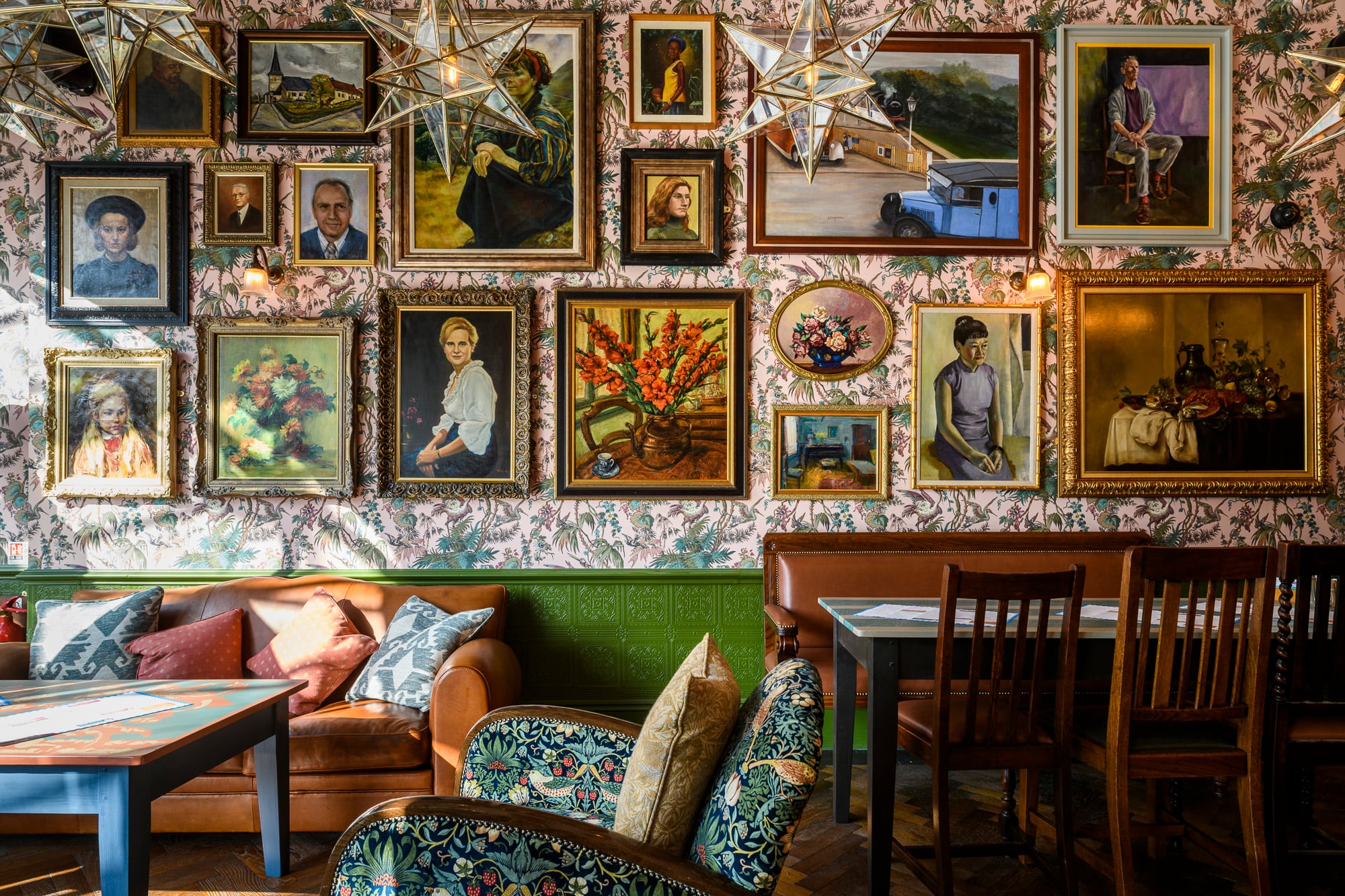Most notably cumulative impact areas (CIAs), which impose a presumption against granting new licences or variations in certain areas deemed saturated with licensed venues.
Originally introduced under the Home Office Guidance to the Licensing Act 2003 (before being put on a statutory footing in 2017), CIAs have been developed via local policies with the intention of protecting communities from crime and nuisance.
However they have often had the unintended consequence of stifling innovation and growth in some of the country’s most vibrant districts.
There have been some encouraging signs the tide may be turning against CIAs and the automatic presumption of restriction in these challenging areas.
One such sign is the attention garnered by the recent decision of Westminster City Council not to grant the iconic Blue Note Jazz Club operating hours until 1am within the West End CIA.
Instead, the council granted terminal hours of 11:30pm Monday to Thursday, midnight Friday and Saturday and 10:30pm on Sundays. Notably, these are the hours dictated by their “core hours” policy.
In deciding to grant the licence while restricting the hours, the council cited striking “the right balance when considering the resident objections for the start time and terminal hours”. In what has historically been the late-night heartland of what is supposed to be a 24-hour city.
The decision attracted media attention and widespread criticism, with many viewing it as a prime example of how rigid policies can undermine the cultural and economic life of the capital.
More balanced approach
That even a venue with such cultural significance and public support could not secure operating hours modestly beyond Westminster’s core hours highlighted the limitations of a system increasingly seen as blunt and outdated.
Seemingly in response to this decision and the increasing media voices bemoaning the decline of London’s nightlife, news broke that the Mayor of London will be given powers to review and potentially overturn local licensing decisions.
Although the full detail is yet to be fleshed out, the rationale seems clear: London’s nightlife sector is crucial to the city’s economy, culture and appeal.
If implemented carefully, this could introduce a new layer of oversight that encourages a more balanced approach to licensing regulation.
Meanwhile, other councils are beginning to reassess whether such restrictive policies truly serve their communities.
In Camden, the local authority recently consulted on proposals to remove its CIAs in Camden Town and Covent Garden, the latter of which borders Westminster’s West End CIA.
Citing changing patterns of behaviour post-pandemic, a shrinking late-night economy and a desire to support local businesses, Camden’s move would represent a bold step towards a more flexible and supportive licensing regime, where applications are judged more on their merits than blanket presumptions.
Camden are not alone in rethinking their approaches. Since the pandemic several Councils have removed or reduced their CIAs including Bristol, Leicester, Birmingham and Liverpool.
It must be said that some of these CIAs were removed in direct response to the pandemic, when for obvious reasons there simply was not enough data to support the renewal of CIAs.
Local needs
But considering the requirement for Statements of Licensing Policy to be reviewed every five years and Cumulative Impact Policies every three years, these Councils do not appear to be rushing to bring back their CIAs.
It seems that more and more Councils are recognising that broad-stroke prohibitions are no longer justified and that vibrant night-time economies can exist safely with the right management and conditions in place, rather than through blanket restrictions.
This apparent shift in ideas and recent media traction have not happened by chance. They are the result of tireless lobbying and advocacy by operators, trade associations like UKHospitality (UKH) and the Night Time Industries Association (NTIA), and countless businesses and individuals who support the hospitality industry.
For years these groups have raised awareness of the difficulties that businesses face operating under increasing costs and restrictive regimes, with barriers to innovation, difficulties obtaining modest variations and the chilling effect on investment.
Their efforts have helped change the narrative around licensing to one that acknowledges the sector’s essential contribution to economic recovery and cultural life.
Importantly, this is not about an alcohol-led free-for-all or the abandonment of standards. It is about moving towards an evidence-based, proportionate licensing systems in line with the original intention of the Licensing Act 2003.
The kind of regulation that encourages good operators, supports diverse offerings and is responsive to local needs without stifling business.
While I am cautiously optimistic that the tide is turning towards a more nuanced and dynamic approach to licensing decisions in these key areas, there will of course continue to be battles over individual applications.
Continued engagement with local authorities and constructive dialogue are essential and an evidence-led approach to licensing can lead to positive change.
On that note, I am pleased to see that Westminster has a chance to effectively reconsider the Blue Note decision.
With a hearing for a further premises licence application for the same site and the same terminal hours listed on Thursday 1 May, many along with myself wait with interest to see in which direction the tide flows in the notorious West End CIA.
- David Inzani is a partner at Poppleston Allen




